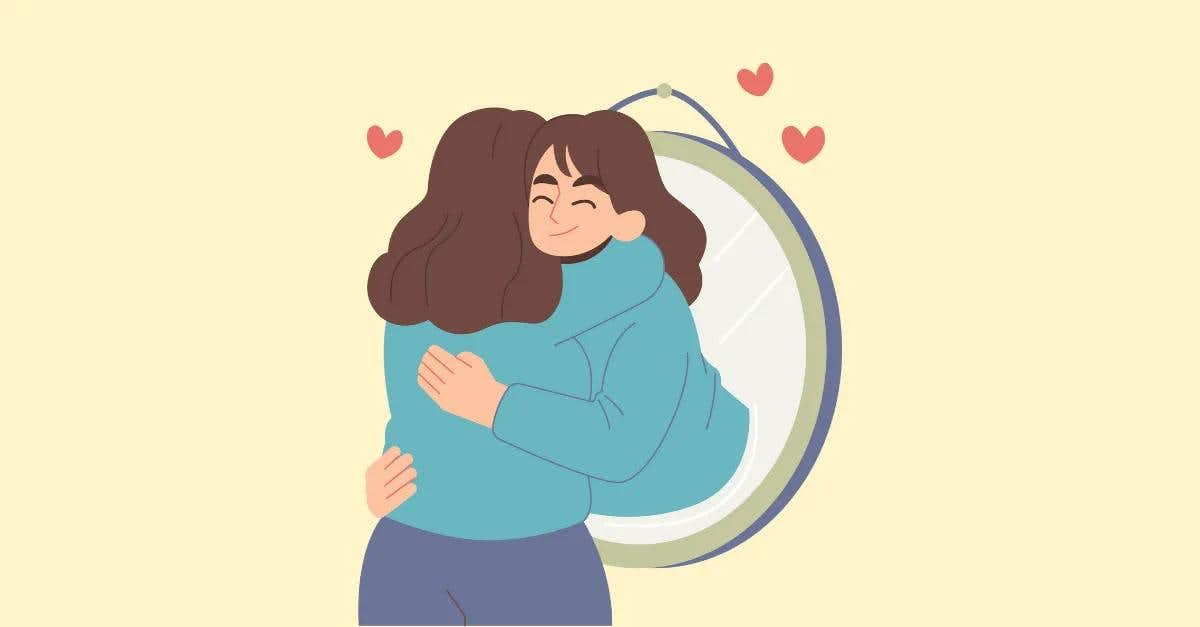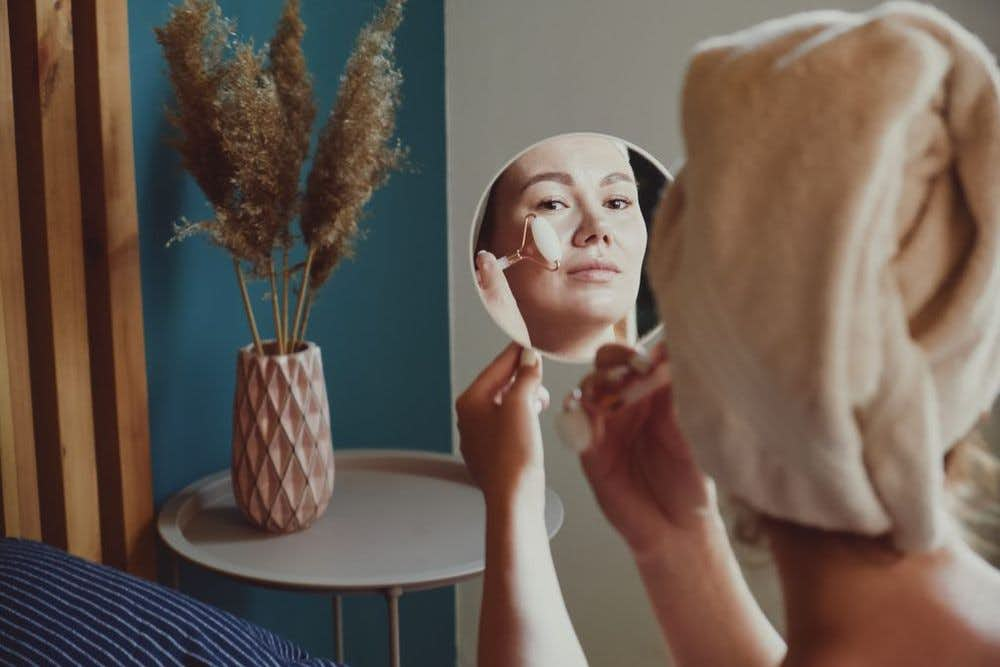September 20th, 2023

Self-care is an essential part of mental, physical, and emotional health. Self-care involves taking intentional steps to nurture and care for yourself while also managing your responsibilities and obligations. Balancing self-care while having adult Attention Deficit-Hyperactivity Disorder (ADHD) can, at times, be a struggle. Beginning to think about where to start can be even harder.
It is important to understand that Attention Deficit-Hyperactivity Disorder (ADHD) in adulthood looks different than ADHD in childhood. ADHD is a neurodevelopmental disorder that is present in childhood and persists into adulthood, and symptoms can vary from person to person. A diagnosis should be made by a licensed professional through thorough psychological testing. As an individual, considering if you fit the criteria of ADHD, the following categories may help identify and determine areas where you may have difficulty functioning.
Trouble Concentrating
Adults with ADHD may find it difficult to stay focused on a task, follow through on deadlines at work, or stay engaged in conversations or meetings. This may also show up in daily life where a person may avoid tasks that require sustained mental effort/attention.
Disorganization
A person may find it difficult to organize tasks and personal belongings leading to cluttered spaces, missed appointments, or feeling overwhelmed with projects/tasks that need multiple steps completed before moving to the next step.
Impulsivity
An adult with ADHD may act without thinking through the consequences, which can lead to impulsive spending, risky behaviors, or making hasty decisions that have long-term impacts. While there are times and specific situations when being impulsive may benefit a person, impulsivity associated with adult ADHD may negatively impact finances, relationships, and productivity at work.
Emotional Dysregulation
Emotional dysregulation can manifest in various ways and can be a significant source of distress for adults with ADHD. Emotional dysregulation may impact a person in the following ways: intense emotions, sensitivity to rejection and criticism, frustration with external stressors, irritability, and self-doubt (commonly identified as "imposter syndrome", this is a non-medical term but a common colloquialism).
Restlessness
An adult with ADHD may have a feeling of inner restlessness and an inability to sit still for extended periods, even in situations where it is expected. An adult with ADHD may find ways to manage their restlessness by fidgeting with their hands, tapping their foot, and bouncing their legs. Restlessness can make focusing or sustaining attention on a task hard and often distract yourself or others.

The topic of Self-Care has been increasingly prominent in many aspects of our lives, whether it be at work or in our daily lives. Prioritizing self-care is an important part of maintaining good mental and physical health. Self-care can be defined as "The practice of taking an active role in protecting one's well-being and happiness, in particular, during periods of stress" (Oxford Dictionary, 2023). Prioritizing self-care when you have adult ADHD can be challenging, but it is essential for managing your symptoms and overall well-being. There are many strategies to begin your journey in balancing adult ADHD and self-care for people with adhd, listed below are a few ways to begin:
Understanding Your ADHD:
You should start by educating yourself about Adult ADHD, its symptoms, and how it specifically affects you. ADHD is a neurodevelopmental disorder and can affect individuals differently. Creating a better understanding of your symptoms can help you identify areas where self-care is needed the most.
Create a Routine:
Establishing a daily or weekly routine that includes specific self-care time blocks can allow you to focus on trying different ways of implementing self-care. Consistency and follow-through can help you remember to prioritize self-care activities.
Set Clear Goals:
You should take time to define specific self-care goals and break them down into manageable steps. It is great to have big goals! However, you want to make sure that you are setting yourself up for success and have smaller tangible goals you can meet daily. Those small goals can help keep you consistent and on track to meet your big goal.
Medication and Therapy:
Consulting with a healthcare professional about medication options and/or therapy strategies can be immensely beneficial in understanding and managing your ADHD symptoms. Cognitive Behavioral Therapy (CBT) is an evidence-based therapy and is beneficial to those with ADHD.
Seek Support:
Connect with support groups and organizations that focus on adult ADHD. Sharing experiences and strategies with others who understand and live with ADHD can be validating and beneficial in pointing you in the right direction.
Check-in with Yourself:
Regular check-ins with yourself to assess your self-care routine benefits you and your daily life. Journaling about different strategies you have created can clarify which parts of your self-care routine are effective and note other areas that may need adjustments.
Self-care is not selfish! Self-care is essential for your overall well-being and can help you better manage your ADHD symptoms. We all share the same 24 hours in a day, spending 5-10 minutes a day can make a large difference towards reaching our personal goals.
Think about this: 10 minutes a day is less than 1% of your day! (It is 0.69% of your 24-hour day to be exact)

There are a lot of articles, books, and resources on the internet that offer the "best ways to deal with ADHD." It is important to understand that what works best for one person may not work best for another. It's important to tailor your strategies to your unique needs and seek professional guidance when necessary. Managing adult ADHD can be challenging, but with the right strategies and support, you can improve your focus, productivity, and overall well-being. So, where do you start?
Here are some tips to help manage adult ADHD:
Get a Proper Diagnosis: If you suspect you have ADHD, seek a professional diagnosis from a psychiatrist or Psychologist who specializes in ADHD. Getting a diagnosis can take time and can have out-of-pocket costs, but a proper diagnosis is important in effectively treating and managing ADHD.
Medication: Medication is a tool that can help manage symptoms of ADHD, but it is not a necessity in treatment. Different categories of medication can help treat symptoms. You should consult with a licensed healthcare professional or a psychiatrist about medication options that may be available.
Therapy: Therapy is a helpful tool in managing adult ADHD symptoms. Working collaboratively with a licensed mental health professional you can develop coping strategies, improve time management, increase emotional awareness, and build structure in your life.
Create a Structured Environment: Creating and establishing routines and systems helps those with ADHD stay consistent, organized, and in control of daily tasks.
Time Management Techniques: Exploring time management techniques increases productivity and can keep you on task. Popular time management techniques, such as Pomodoro Technique or Time Blocking, have been shown to improve time management.
Minimize Distractions: Identify your common distractions in your environment and take steps towards minimizing them. There are a few examples below:
Use Technology: Technology is often seen as a distractor but can be extremely useful in staying focused. Find ways to leverage technology to your advantage, for instance, there are many ADHD-friendly apps, note-taking programs, and time-tracking apps. Find what works best for you! Remember what works one day may not be helpful another day, creating multiple options can be helpful.
Practice Self-Compassion: Be patient and compassionate with yourself. Adult ADHD presents unique challenges and it's important to acknowledge your efforts and progress. Each day offers the opportunity to learn something new and create new support.

Balancing adult ADHD and self-care is crucial for creating structure, building community, identifying supports, and enhancing quality of life. The practice of self-care is never complete, you must continue to work on implementing and evolving it, as you go through life. There is never a better time to begin this journey than today. Begin with one small step and watch where you will go!
Written By: Janel Wenger, MA, AMFT
At Clarity Clinic, we have highly trained staff specializing in therapy and psychiatry services. Clarity Clinic currently offers Medication Management, Therapy, and TMS Services across Illinois. To learn more about how we can support your mental health, call Clarity Clinic at (312) 815-9660 or schedule an appointment today.
Wondering “Do I have ADHD?” Take our Free ADHD test online to see if you are showing signs of ADHD. If your results mention you are experiencing ADHD symptoms, book a consultation with our leading ADHD doctors near you for the best ADHD treatment and diagnosis services in Chicago.
Free ADHD TestOur Services
Virtual/Online CarePHP and IOPAdult PsychiatryChild & Adolescent PsychiatryAdult TherapyChild & Adolescent TherapyCouples CounselingFamily TherapyGroup TherapyPsychological TestingTranscranial Magnetic Stimulation (TMS)